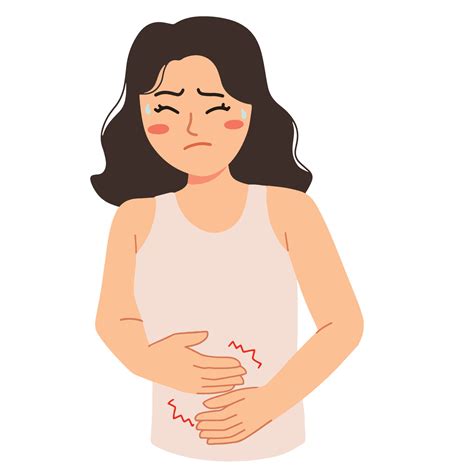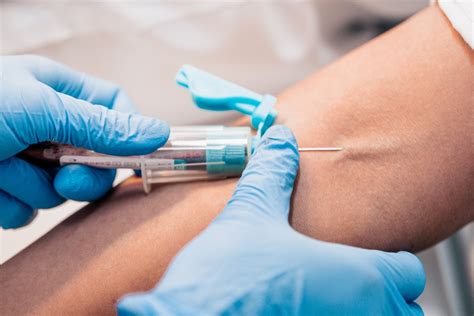Multiple decades have passed since iron deficiency anaemia was identified to be one of the most prevalent diseases in the world, especially amongst Indian women. Iron supplements have changed from simple Iron sulphate-based compounds to fumarate-based compounds, to ascorbate (Vitamin C) based compounds. However, the problem related to the side effects of iron supplements, is not just an anecdotal thing of the past.
What is the Problem?
Anywhere between 30 to 70% of people who take iron supplements experience side effects, with the following side effects being the commonest:
- Dyspepsia (Indigestion or an upset stomach)
- Metallic Taste
- Constipation
- Diarrhoea
- Nausea
- Epigastric Pain (Pain above the belly button)
- Black stools
Other side effects such as vomiting, change in gut microbiome, deposition of iron in the gut, have all also been reported, but the above-mentioned side effects are the commonest, with at least 1 in 3 people who take oral iron supplements reporting at least one of these side-effects.

Why Does It Happen?
Iron is a metallic ion that is absorbed mostly in the small intestine. The hydrochloric acid that is produced by our stomach is responsible for helping in the absorption of iron, as it converts it to the absorbable ionic form. But once our body absorbs as much iron as it can (Which varies largely from person to person, depending on deficiency status, genetics, body weight, sex, hormones etc.), the remaining iron that we have consumed, is left in the ionic form in the gut. These ions irritate the lining of our gut, and a significant proportion gets deposited in the gut lining as well. This irritates the gut even more, resulting in abdominal pain, diarrhoea or constipation, as well as the change in the colour of stools (From normal to a green or black colour.).
Which Supplements Cause the Most Side Effects?
The commonest oral supplement with iron is iron sulphate, which is cheap and easily accessible. However, iron ascorbate is the most popular oral supplement that is available recently, as Vitamin C helps increase the absorption of iron. When these three compounds are taken at the same doses, they have a similar number of side effects.
The presence of side effects is also dependent on how much iron our body needs, and how much iron our body receives in the form of oral iron. In case the dose of elemental iron is too high (Elemental iron refers to how much of the tablet is actually iron. Eg: 60 mg elemental iron is found in one 325 mg tablet of iron sulphate)
These side effects also unfortunately cause a lot of patients to stop taking the iron they need, due to which their anaemia remains untreated.
How To Reduce It?
This is why it is essential to consult a doctor before starting iron supplements. Your doctor will ideally recommend doing the following tests:
- CBC (Complete Blood Count)
- Iron Profile (Ferritin, Serum Iron, Total Iron Binding Capacity, Transferrin Saturation)
- Serum Vitamin B12
Your doctor will also help you select the supplement that is best for you, as well as the timing as well as the regimen (dosing), that is best for you. And during follow up, in case the side effects are affecting your quality of life, your doctor can help you decide if parenteral iron (Non oral, IM or IV iron in the form of drips or injections) is right for you.

Summary (Tl:dr):
Side effects caused by oral iron supplements are unfortunately common, and this often results in patients stopping their supplements, causing continued deficiencies. The amount of iron in the supplement is a better predictor of the number of side effects compared to the type of iron supplement.
Consult a doctor to know which supplement to take, how much and how long to take it for, as well as whether you should take parenteral iron instead.
Rerefences:
- Thomas G. DeLoughery; Safety of Oral and Intravenous Iron. Acta Haematol 15 May 2019; 142 (1): 8–12. https://doi.org/10.1159/000496966
- Stoffel, N. U., von Siebenthal, H. K., Moretti, D., & Zimmermann, M. B. (2020). Oral iron supplementation in iron-deficient women: How much and how often? Molecular Aspects of Medicine, 75, 100865. https://doi.org/10.1016/j.mam.2020.100865
- HALLBERG, L., RYTTINGER, L. and SÖLVELL, L. (1966), Side-effects of oral iron therapy: A double-blind study of different iron compounds in tablet form.. Acta Medica Scandinavica, 180: 3-10.https://doi.org/10.1111/j.0954-6820.1966.tb19403.x
- Rockey, D. C. (2006). Treatment of iron deficiency. Gastroenterology, 130(4), 1367-1368. https://doi.org/10.1053/j.gastro.2005.12.051
